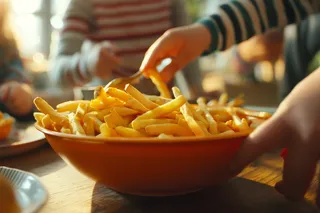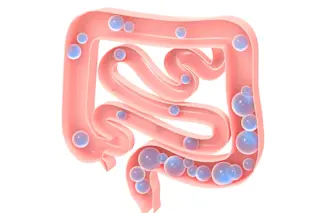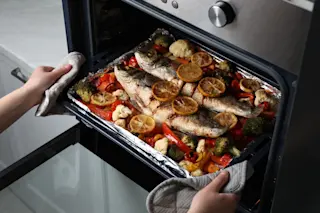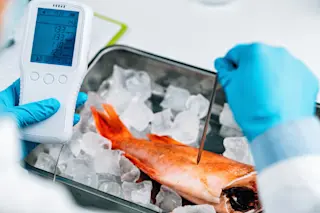A bout of the flu can cause even the biggest foodie to abandon the kitchen and forgo regular meals. This change in diet not only affects the waistline, but also starves the good bacteria dwelling in the gut. But, according to a new study, this fast isn’t fatal to the body’s microbiota because of a clever trick the intestines perform: producing sugars to sustain their resident microbes.
When ill, the body uses a lot of energy to fight off infection. A decreased appetite may be a necessary response, as it prevents the individual from using energy to forage for food, and it also deprives the unwanted pathogens of nutrients. But, the gut is home to an army of helpful and necessary microorganisms that rely on our food consumption to survive. With an estimated population of 100 trillion, these microbes outnumber human cells 10 to 1. The microbiota
works round the ...













